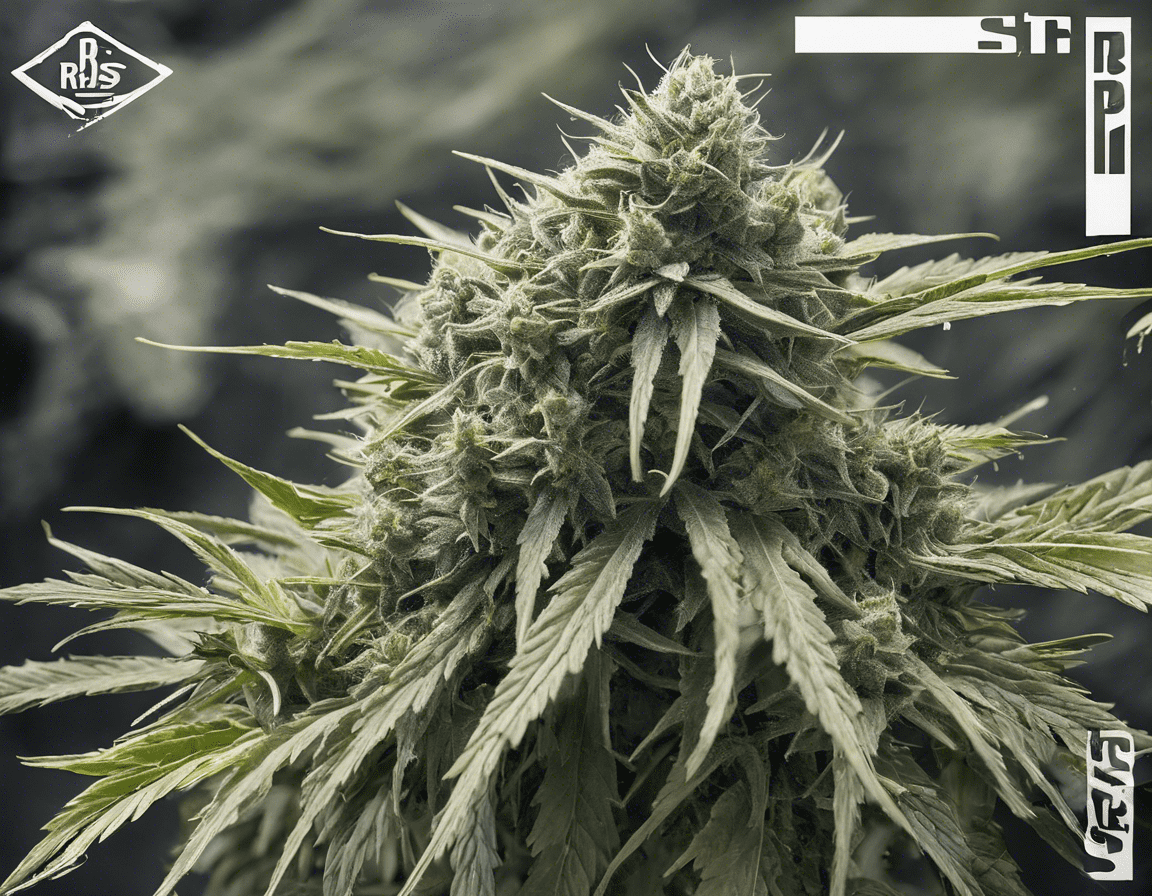blog
Uncover the Secrets of Rs-11 Strain Today

Introduction
In recent years, the RS-11 strain has been gaining attention in scientific communities for its unique properties and potential applications. This strain, which belongs to the Rhizobium genus, is known for its ability to promote plant growth and enhance crop productivity. In this comprehensive guide, we will delve into the secrets of the RS-11 strain, exploring its characteristics, benefits, and potential uses in various industries.
What is the RS-11 Strain?
The RS-11 strain is a type of bacteria that falls under the Rhizobium genus. It is classified as a rhizobacteria, which means it forms a symbiotic relationship with plant roots. RS-11 has been found to exhibit a range of beneficial traits that can positively impact plant health and growth.
Characteristics of the RS-11 Strain
-
Nitrogen Fixation: One of the key characteristics of the RS-11 strain is its ability to fix atmospheric nitrogen. This process involves converting atmospheric nitrogen into a form that plants can readily absorb, promoting healthy growth.
-
Phosphorus Solubilization: RS-11 bacteria are known for their capacity to solubilize phosphorus in the soil. This helps make phosphorus more available to plants, aiding in nutrient uptake and overall plant development.
-
Biocontrol Properties: In addition to promoting plant growth, the RS-11 strain also exhibits biocontrol properties, making it effective in suppressing the growth of pathogens and harmful microbes in the soil.
Benefits of Using RS-11 Strain
-
Improved Plant Growth: By facilitating nitrogen fixation and phosphorus solubilization, the RS-11 strain can significantly enhance plant growth and crop yield.
-
Enhanced Nutrient Uptake: The presence of RS-11 bacteria in the soil can improve nutrient uptake by plants, leading to healthier and more robust crops.
-
Environmental Sustainability: As a natural and eco-friendly solution, the use of RS-11 strain can contribute to sustainable agricultural practices and reduced reliance on chemical fertilizers.
Potential Applications of RS-11 Strain
-
Agriculture: The RS-11 strain holds great promise for agricultural applications, where it can be used to improve soil fertility, enhance crop productivity, and reduce the environmental impact of farming practices.
-
Horticulture: In horticulture, RS-11 bacteria can be applied to promote the growth of ornamental plants, trees, and vegetables, leading to more vibrant and healthy green spaces.
-
Bioremediation: The RS-11 strain’s ability to solubilize phosphorus and fix nitrogen can also be utilized in bioremediation efforts to rehabilitate degraded soils and contaminated environments.
Frequently Asked Questions (FAQs)
1. Can the RS-11 strain be used in organic farming practices?
Yes, the RS-11 strain is well-suited for organic farming as it provides a natural and sustainable way to enhance soil fertility and promote plant growth without the use of synthetic chemicals.
2. How is the RS-11 strain applied to soil?
The RS-11 strain is typically applied to soil as a liquid inoculant or in a carrier material that can be mixed with the soil or applied to plant roots during transplantation.
3. Is the RS-11 strain safe for the environment and human health?
Yes, the RS-11 strain is considered safe for the environment, as it is a naturally occurring microorganism. It does not pose any known risks to human health when used according to recommended guidelines.
4. What types of crops can benefit from the RS-11 strain?
A wide range of crops, including cereals, legumes, vegetables, fruits, and ornamental plants, can benefit from the RS-11 strain’s ability to enhance nutrient uptake and promote growth.
5. How does the RS-11 strain compare to chemical fertilizers?
Unlike chemical fertilizers, which can have negative environmental impacts and degrade soil quality over time, the RS-11 strain offers a sustainable and eco-friendly alternative that improves soil health and plant productivity in the long term.
Conclusion
As we uncover the secrets of the RS-11 strain, it becomes evident that this unique bacterial strain has the potential to revolutionize agriculture, horticulture, and environmental remediation practices. With its ability to fix nitrogen, solubilize phosphorus, and enhance plant growth, RS-11 presents a natural and sustainable solution for improving soil fertility, increasing crop yields, and fostering environmental sustainability. By harnessing the power of this remarkable strain, we can cultivate healthier plants, restore degraded ecosystems, and pave the way for a more sustainable future.









